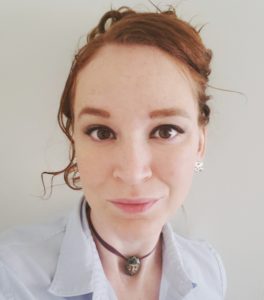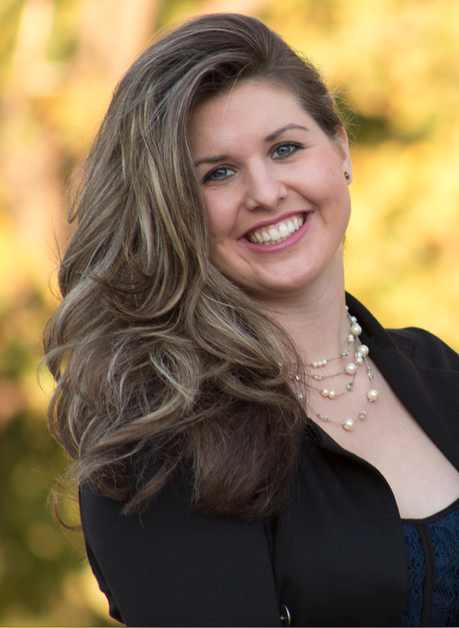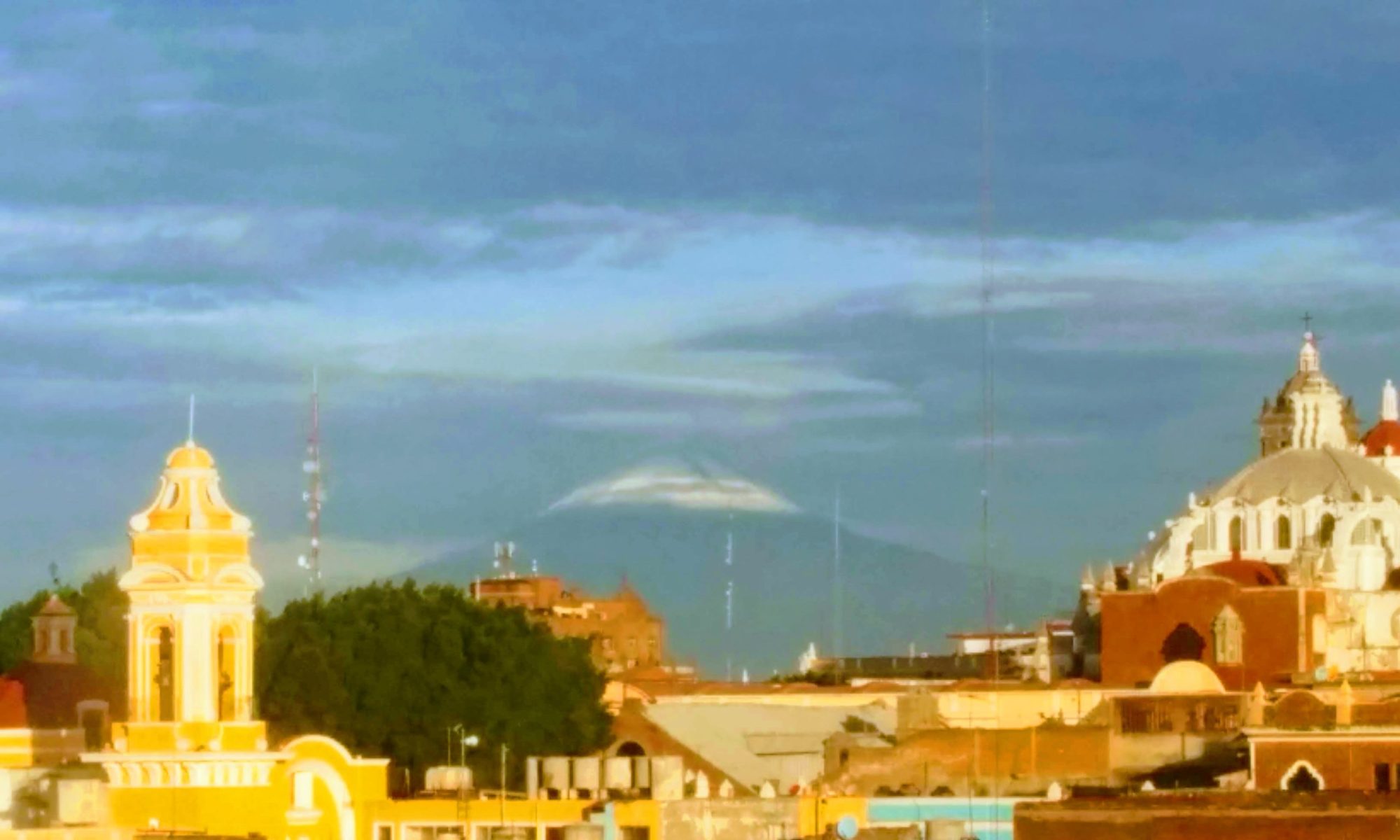 Jessica Dailey
Jessica Dailey
I am a Ph.D. candidate in the department of anthropology at the University of Notre Dame. I hold a B.A. in anthropology from Sonoma State University (2014), and an M.A. in sociocultural anthropology, with a special focus in medical anthropology, from San Francisco State University (2019). My work focuses on medical decision-making, birth care, and political economy of health in the Northern San Francisco Bay Area in California. My research interests concern how medical care and practice around birth create a space which connects large-scale social, political, and historical forces, and individual bodies, families, and lives—and as such, provide a means to critically view and better understand the movements of power through contemporary societies.
My work on my Master’s Degree at San Francisco State focused on alternative forms of prenatal and birth care in Sonoma County, California. I conducted original ethnographic fieldwork among a small community who actively sought out nonbiomedical forms of care, including midwife-attended homebirth. The results of this research led to a series of interesting considerations about how medical decision-making that favors non-dominant forms of care can express resistance to medical power and authority, convey one’s class position, and also demonstrate one’s belonging to a group.
At the University of Notre Dame, I am continuing to focus my research on maternity care, and expanding upon the ethnographic work I have previously conducted. Focusing on alternative birth care in the Northern San Francisco Bay Area and funded by the National Science Foundation, my dissertation explores how medical decision-making is mediated by a locally specific social contexts—such as shared community beliefs and values related to health, the body, and the nature of care relationships. It is my hope that interrogating how social dynamics can render resistance against medical authority attractive—and in certain cases, necessary—can uncover ways to better understand resistance against mainstream medical and scientific power and knowledge more broadly.

Simona Spiegel
Simona holds a B.A. in Anthropology & English from the University of Mary Washington (2018). Her undergraduate thesis research focused on public school teachers in the Appalachian region of Southwest Virginia who integrate project-based learning in their classrooms. The project synthesized theories of power, resistance, identity, and place-making into a qualitative case study of how teachers navigate pedagogy and nationalized hegemonic structures of standardized testing in the United States.
Simona’s current research focuses on Black, Latinx, and Indigenous birth work in the United States and Latin America. She examines changes in birth care movements, including the sociohistorical medicalization of birth care and contemporary resurgences of midwifery. Through ethnography informed by Black Feminism, Simona works to understand knowledge production, identity, and desirability/undesirability in reproductive care. This project is intended to serve by creating cross-community understanding and co-constitution of information regarding linkages of maternal health outcomes, accessibility, and quality of care. This project centers on concepts of race, spirituality, and embodiment in a birth work landscape shaped by both neoliberal consumerism and grassroots systems of community care.
Past Graduate Students

Kayla Hurd, Ph.D.
Kayla Hurd, Ph.D. is an assistant director at the Graduate School’s Office of Grants and Fellowships at the University of Notre Dame. Kayla earned her doctorate from the Department of Anthropology at the University of Notre Dame in 2023. As a biocultural anthropologist, her research focused on the embodiment of people’s meaning making and dietary practices during the COVID-19 pandemic, and more broadly, she studied concepts of edibility through mixed method approaches of food and nutrition in Mexico. Her research has been funded by the National Science Foundation, the Explorer’s Club, the Eck Institute for Global Health, the Kellogg Institute for International Studies, and the Institute for Scholarship in the Liberal Arts.
